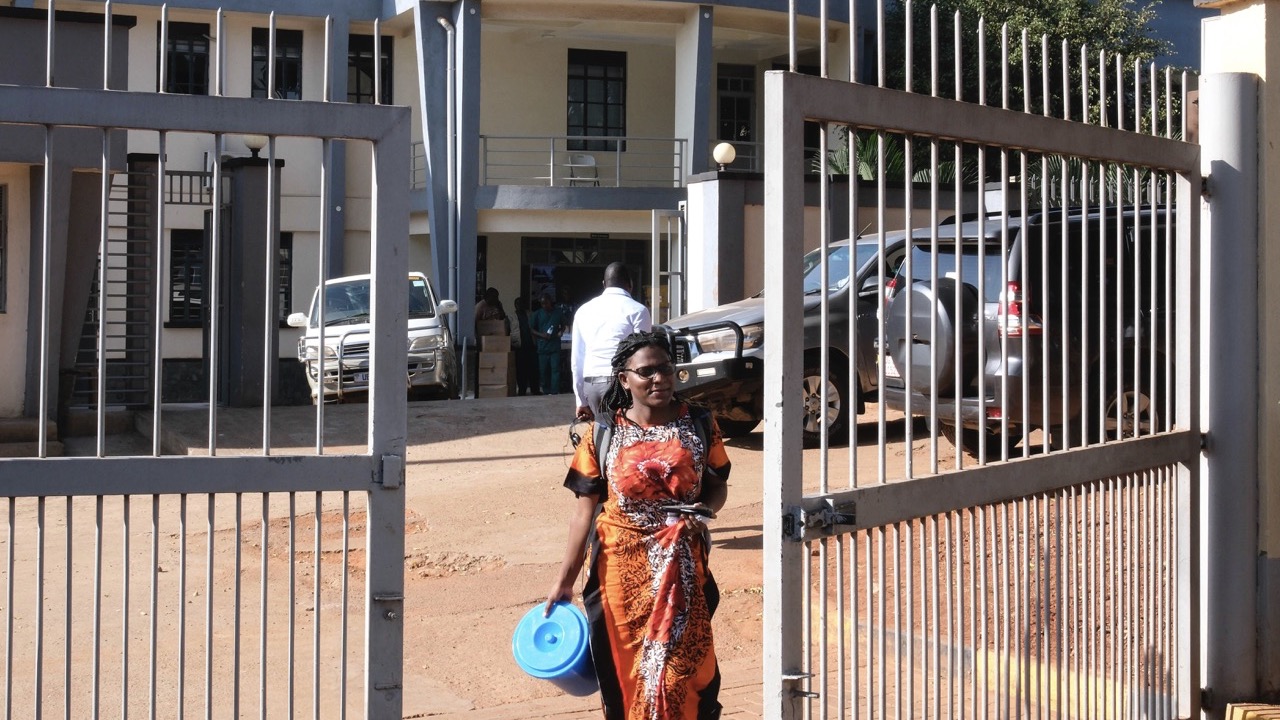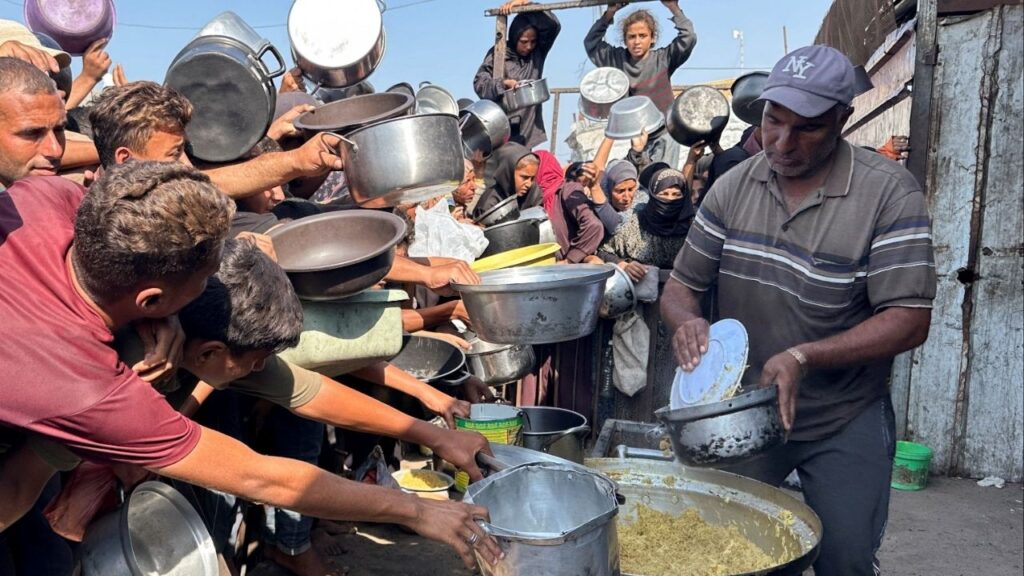Uganda's Ebola outbreak takes a concerning turn with a child's death, highlighting surveillance challenges and funding issues. (AP/Hajarah Nalwadda)

- Uganda faces setback as 4-year-old child becomes second Ebola fatality, raising concerns about disease surveillance.
- U.S. aid cuts impact Ebola response efforts, forcing NGOs to adjust to new funding realities in Uganda.
- Ebola outbreak in Uganda part of a trend of viral hemorrhagic fever outbreaks in East Africa, challenging regional health systems.
Share
KAMPALA, Uganda — A 4-year-old child became the second person to die of Ebola in Uganda, the World Health Organization said Saturday, in a setback for health officials who had hoped for a quick end to the outbreak that began at the end of January.
The child had been hospitalized at the main referral facility in Kampala, the capital of the East African country, and died Tuesday, the WHO office in Uganda said in a brief statement. That statement said WHO and others are working to strengthen surveillance and contact tracing.
There were no other details about the death and local health officials were not commenting on the case.
The death undermines Ugandan officials’ assertions of an outbreak under control after eight Ebola patients were discharged earlier in February. The first victim was a male nurse who died the day before the outbreak was declared on Jan. 30. He had sought treatment at multiple facilities in Kampala and in eastern Uganda, where he also visited a traditional healer in trying to diagnose his illness, before later dying in Kampala.
Challenges in Containing the Outbreak
The successful treatment of eight patients who had been contacts of that man, including some of his relatives, had left local health officials anticipating the end of the outbreak. But they are still investigating its source.
Tracing contacts is key to stemming the spread of Ebola, and there are no approved vaccines for the Sudan strain of Ebola that’s infecting people in Uganda.
Over 20,000 travelers are screened daily for Ebola at Uganda’s different border crossing points, according to WHO, which supports the work.
Funding Concerns Amid U.S. Aid Cuts
The WHO has given Uganda at least $3 million to support its Ebola response, but there have been concerns about adequate funding in the wake of the U.S. administration’s decision to terminate 60% of USAID’s foreign aid contracts.
Dithan Kiragga, executive director of the Baylor College of Medicine Children’s Foundation, a non-governmental group that supports Ebola surveillance in Uganda, told The Associated Press on Friday that his group had stopped its work supporting local health authorities in screening traveling passengers after the termination of its contract with USAID. The five-year contract, signed in 2022 and worth $27 million, employed 85 full-time staff who were employed in a range of public health activities, Dr. Kiragga said.
Charles Olaro, the director of health services at Uganda’s Ministry of Health, said that U.S. aid cuts hurt the work of some non-governmental groups supporting the response to infectious diseases.
“There are challenges, but we need to adjust to the new reality,” Dr. Olaro said, speaking of the loss of U.S. funding.
Understanding Ebola and Its Impact
Ebola, which is spread by contact with the bodily fluids of an infected person or contaminated materials, manifests as a deadly hemorrhagic fever. Symptoms include fever, vomiting, diarrhea, muscle pain and at times internal and external bleeding.
Scientists suspect the first person infected with Ebola in an outbreak acquired the virus through contact with an infected animal or eating its raw meat.
Uganda’s last outbreak, discovered in September 2022, killed at least 55 people before it was declared over in January 2023.
Ebola in Uganda is the latest in a trend of outbreaks of viral hemorrhagic fevers in the east African region. Tanzania declared an outbreak of the Ebola-like Marburg disease in January, and in December, Rwanda announced its own outbreak of Marburg was over.
Uganda has had multiple Ebola outbreaks, including one in 2000 that killed hundreds. The 2014-16 Ebola outbreak in West Africa killed more than 11,000 people, the disease’s largest death toll.
Ebola was discovered in 1976 in simultaneous outbreaks in South Sudan and Congo, where it occurred in a village near the Ebola River, after which the disease is named.
RELATED TOPICS:
Categories

MAHA Activists Urge Trump to Fire His EPA Administrator

Meta Strikes Multiple AI Deals With News Publishers

















